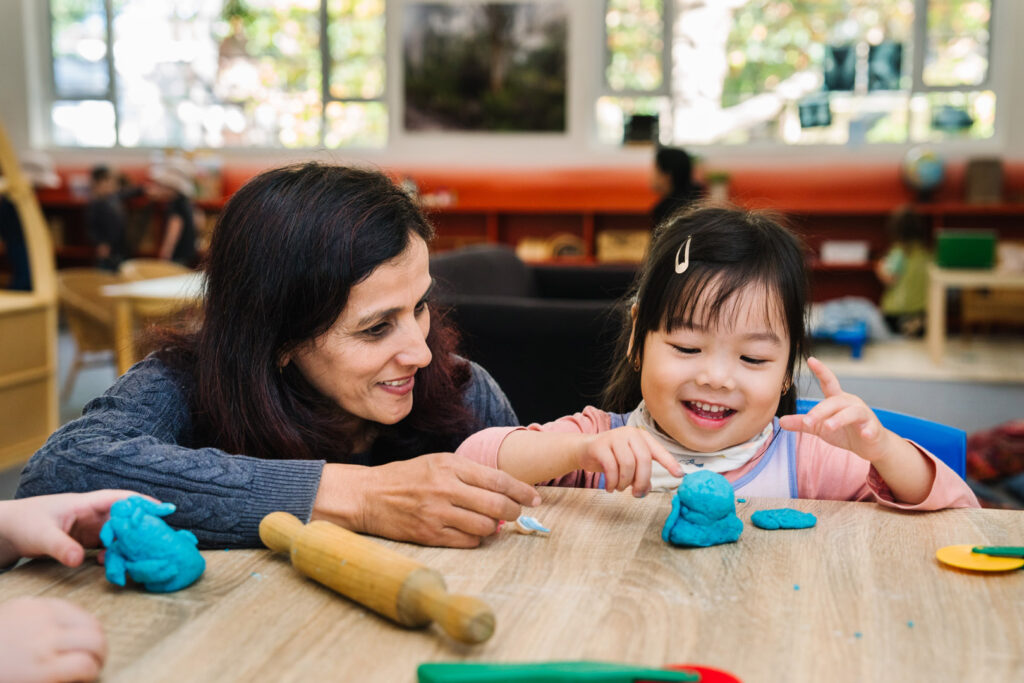
About us
KU is our place, where we all belong. A safe, diverse community of children, families and staff who experience the KU difference each day.
For all other enquires fill in the form below.
KU is our place, where we all belong.
Established in 1895, KU is Australia’s most experienced provider of high quality, not for profit early childhood education and care.
Our vision is to lead and inspire young children’s learning for life. We enrich the lives of more than 12,000 children and their families each year through our preschools, kindergartens, long day care services, family programs, and early childhood inclusion and allied health services services across NSW, Victoria and the ACT.
Such is KU’s expertise and reputation, that we also operate inclusion programs on behalf of the Commonwealth and State Governments, and provide professional services to the early childhood sector, corporate sector and wider community.
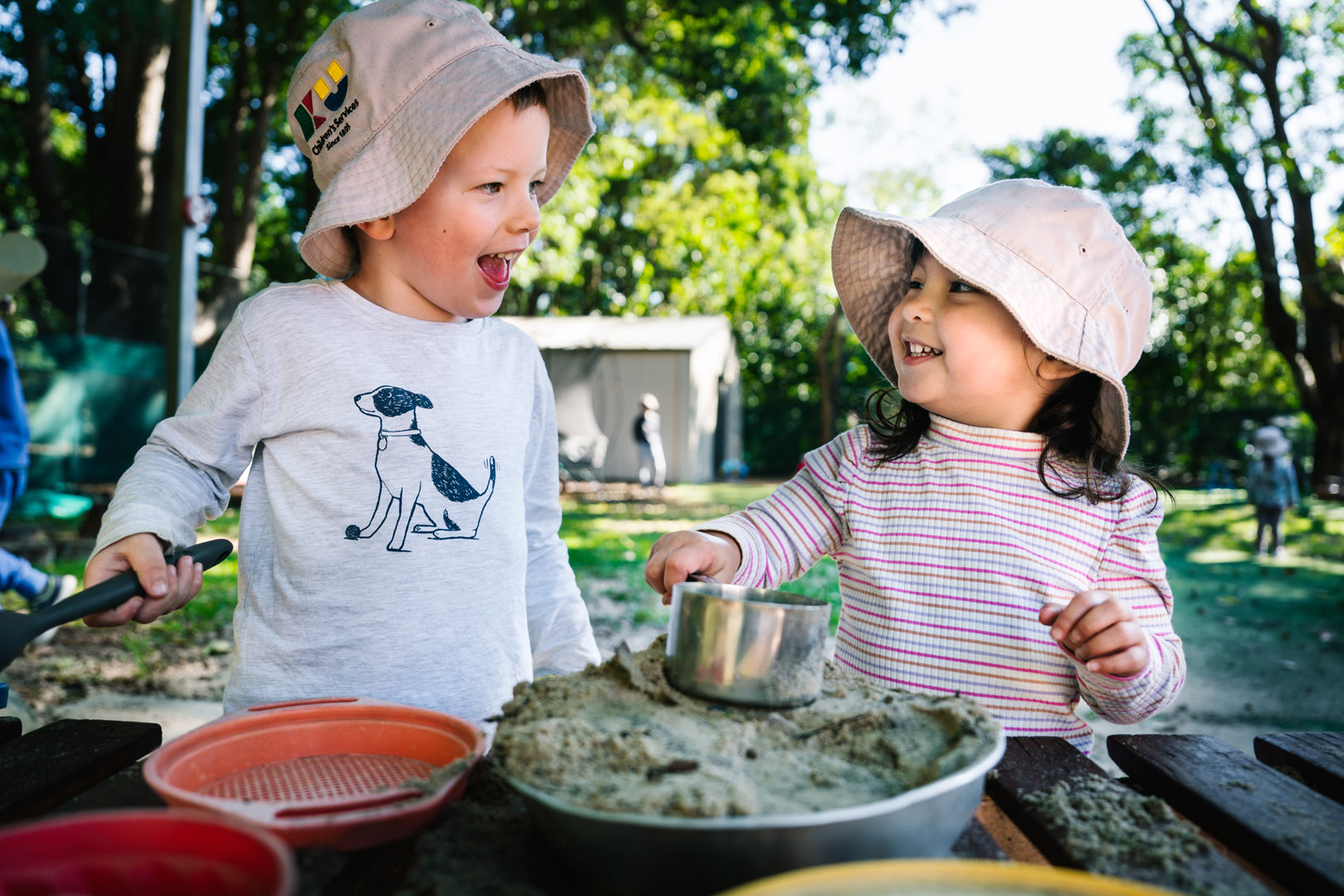
Snapshot of the KU family
130 services
and programs
provided early education and care services directly to children and families.
12,400 children
11,468 families
experienced the KU Difference.
2,178 staff
helped us
make the KU Difference, including 31 Aboriginal and Torres Strait Islander staff.
4,158 members
formed
the foundational basis of KU’s constitutional and governance status.
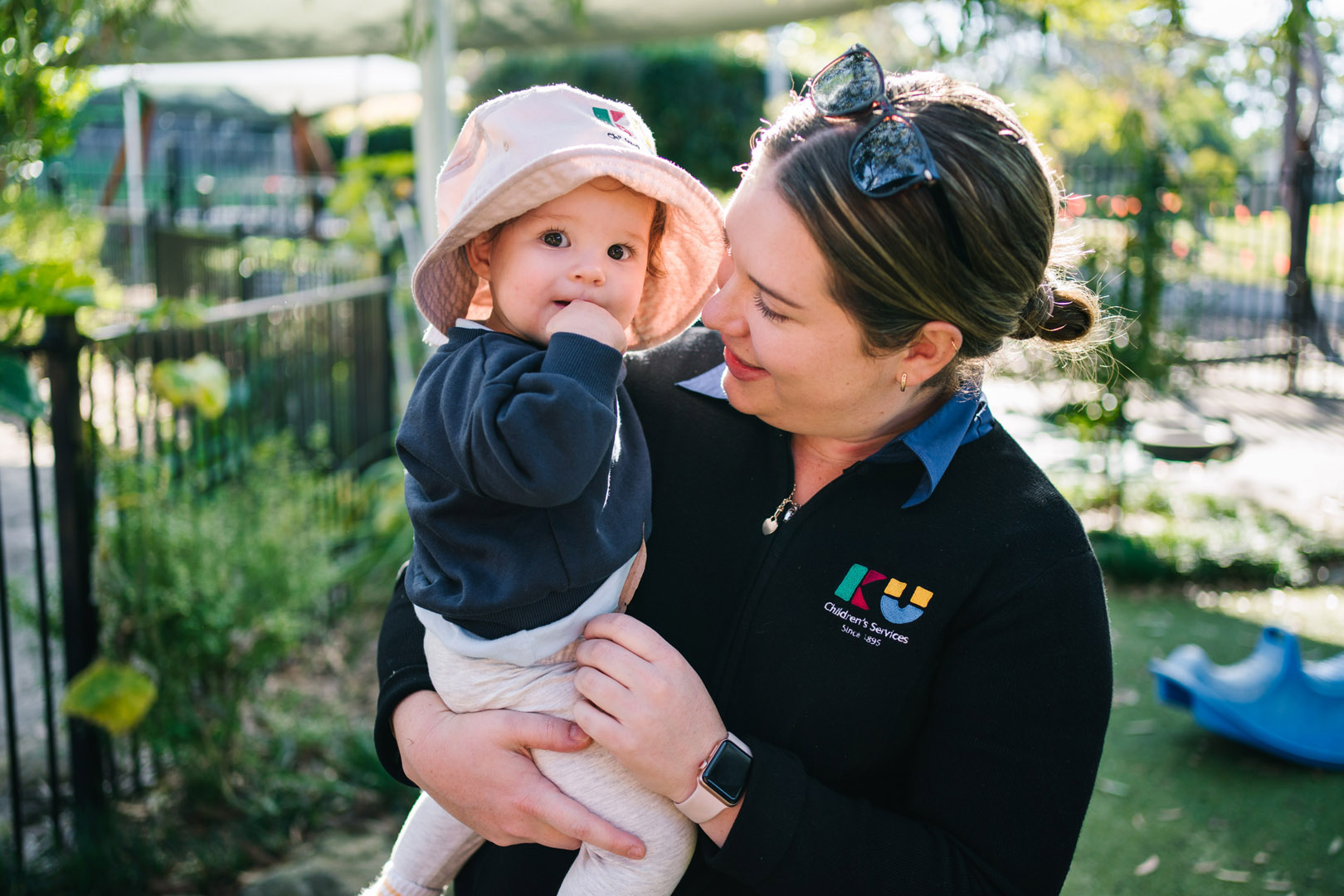
Our impact
KU has a long-demonstrated history of making a positive, lasting impact on children, families and communities. View our recent impact statistics.
Learn more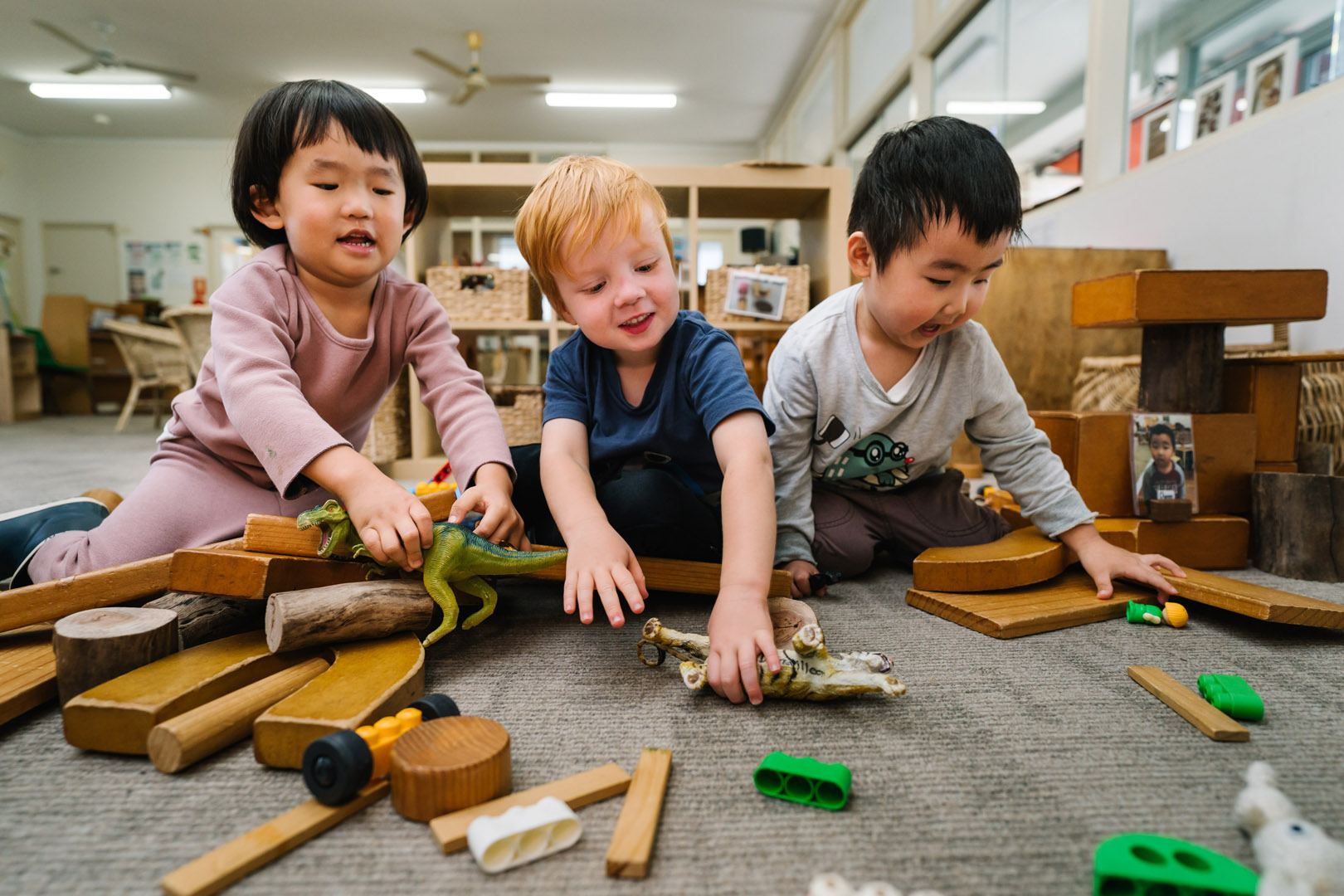
Vision, values & strategy
Discover KU's vision, values and strategy which shape our commitment to delivering high quality early childhood education.
Learn more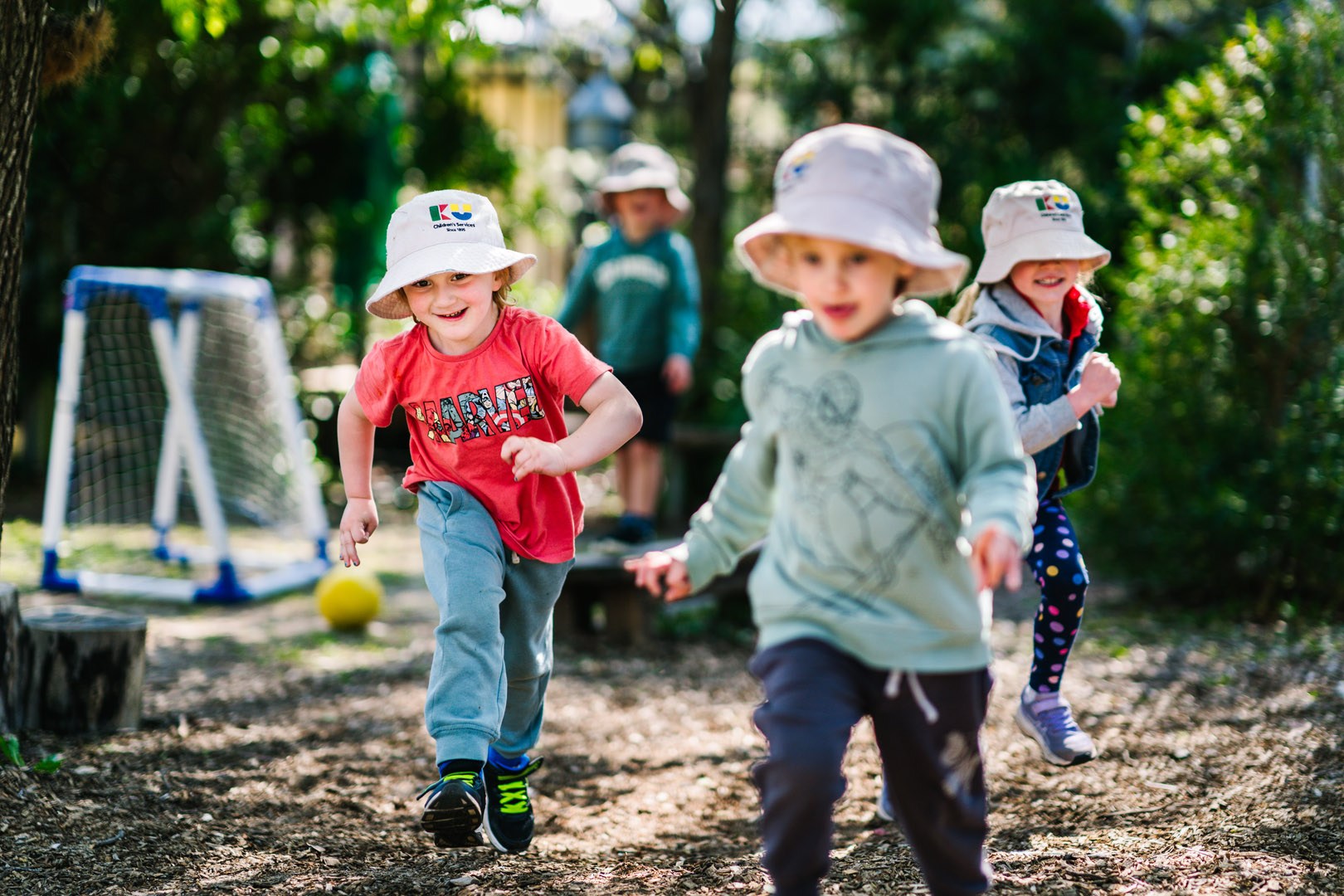
Leadership
Meet our Leadership team and Board of Directors; experienced leaders who are committed to our vision, purpose and values.
Learn more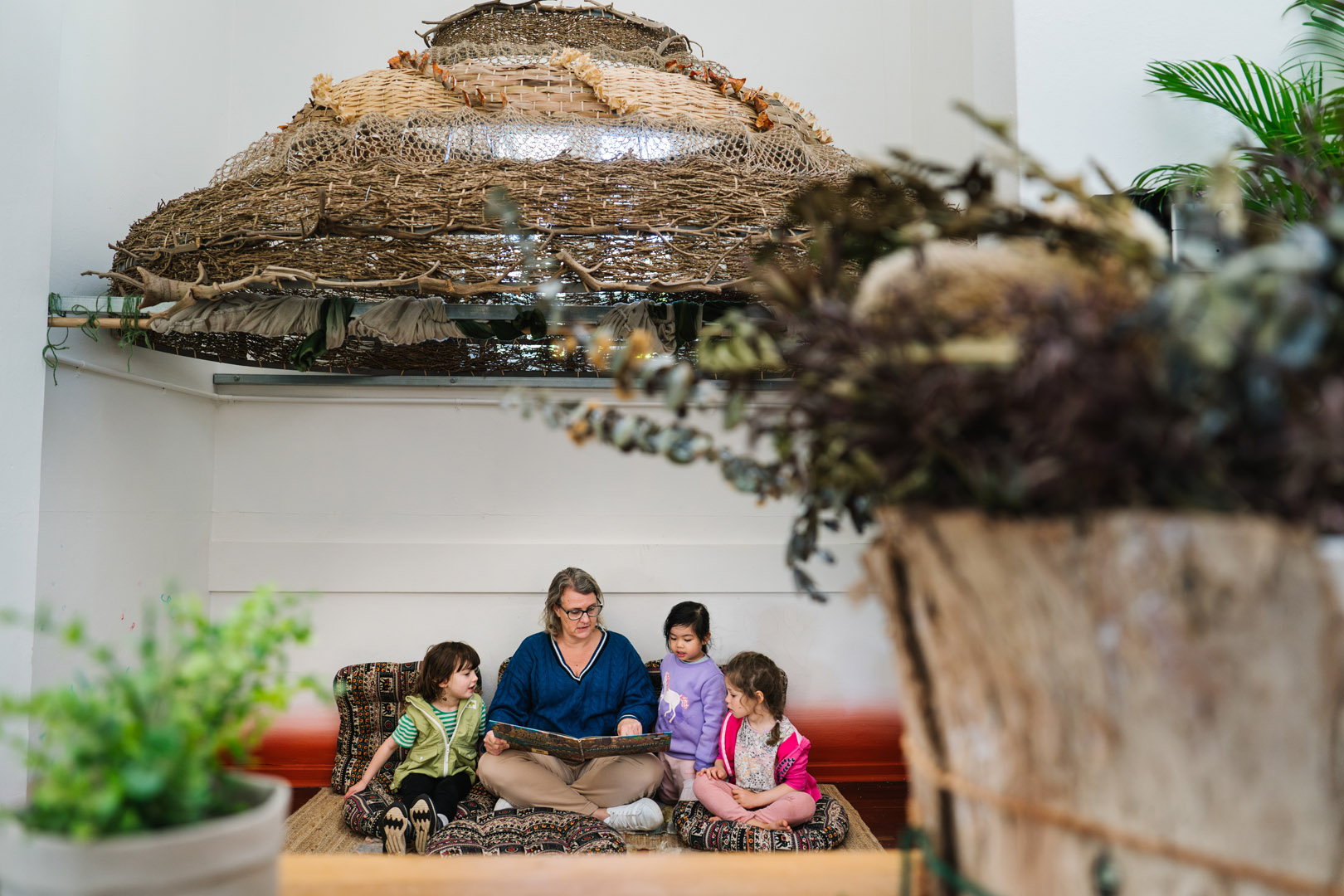
Governance
Learn more about KU's robust governance framework that drives our commitment to delivering high-quality early childhood education.
Learn more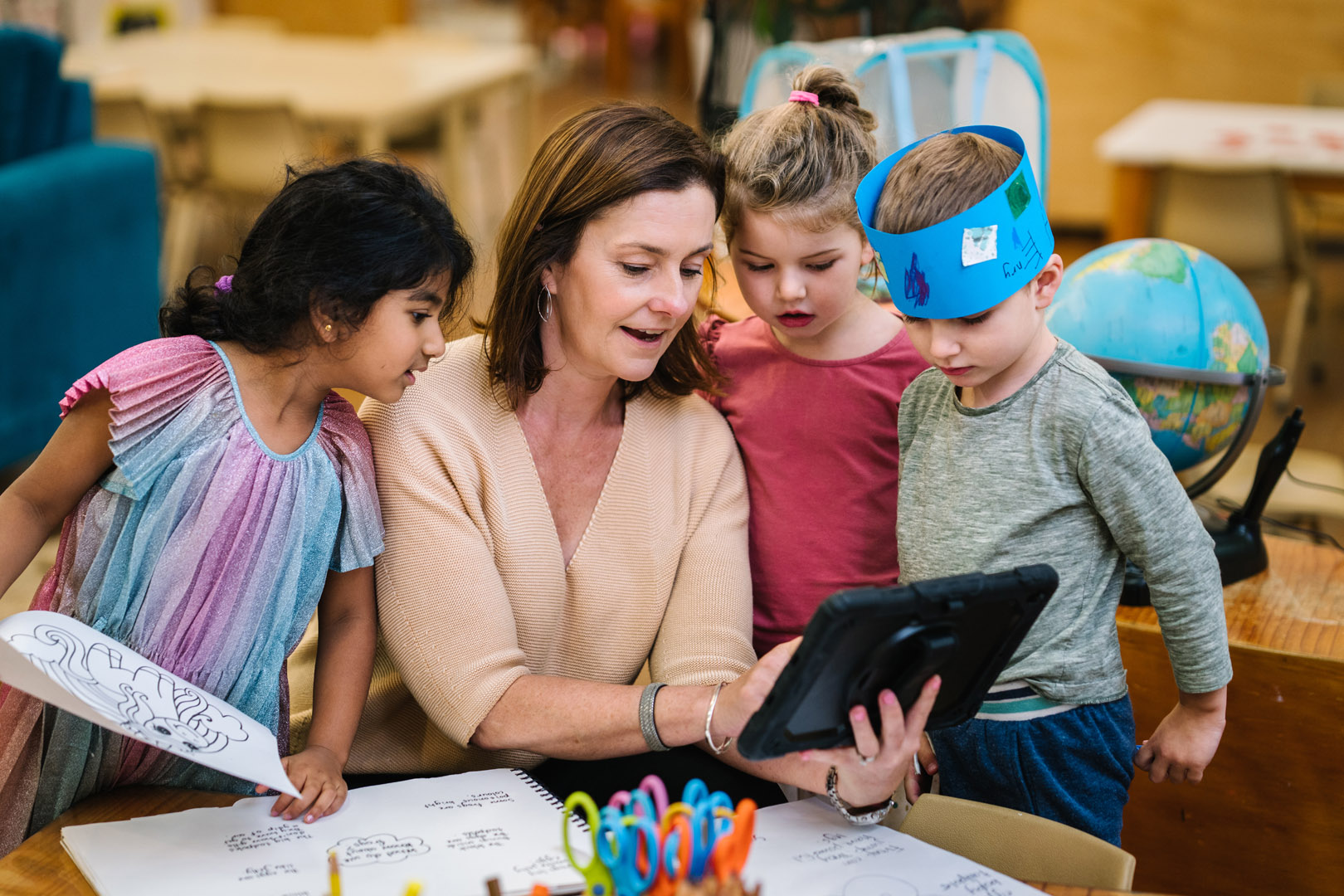
Annual reports
Explore KU's current and past annual reports which offer an overview of our achievements, progress and financial performance each year.
Learn more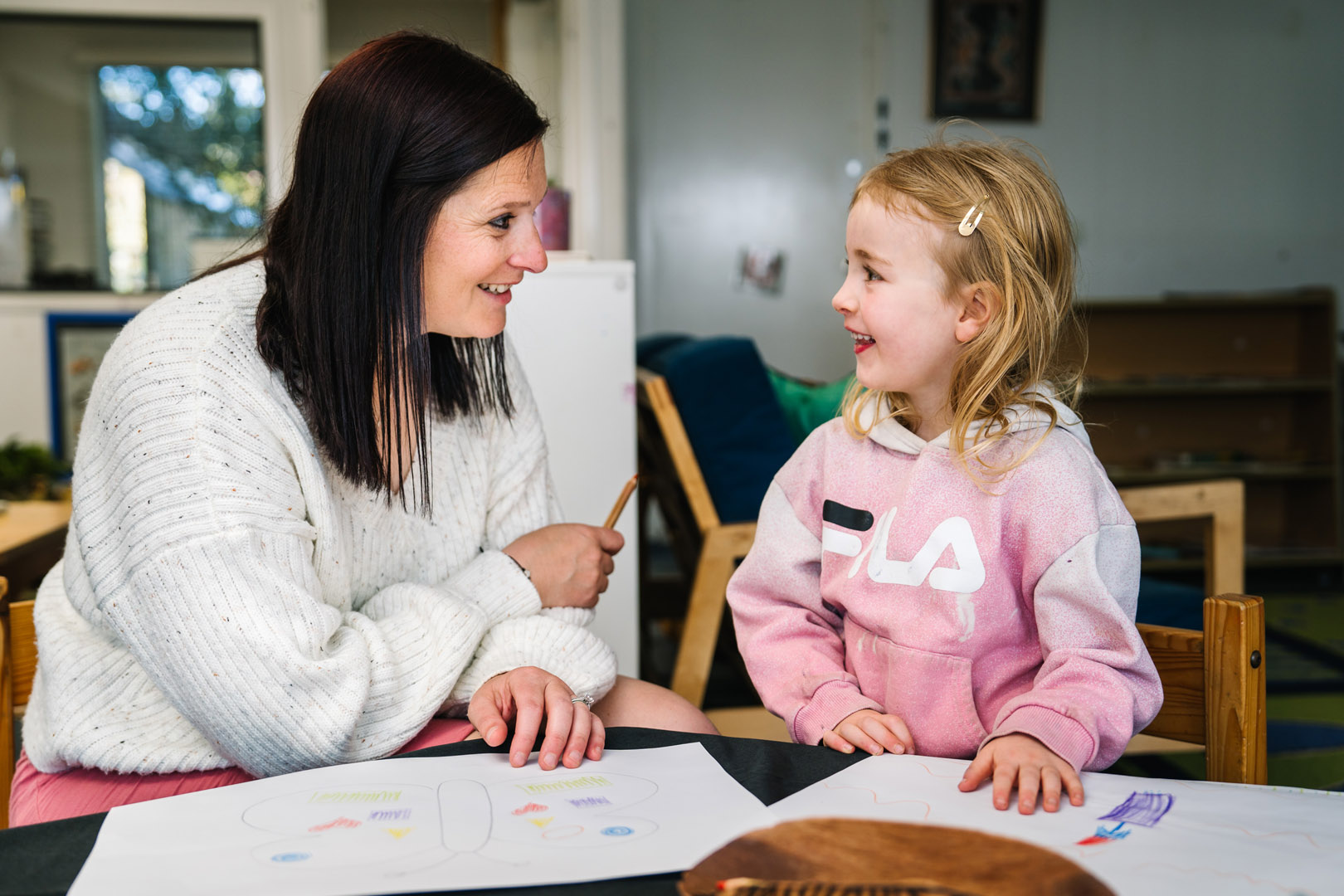
Child Safe Commitment
KU has a longstanding and unwavering commitment to the safety and wellbeing of children. Learn more about our Child Safe Commitment.
Learn more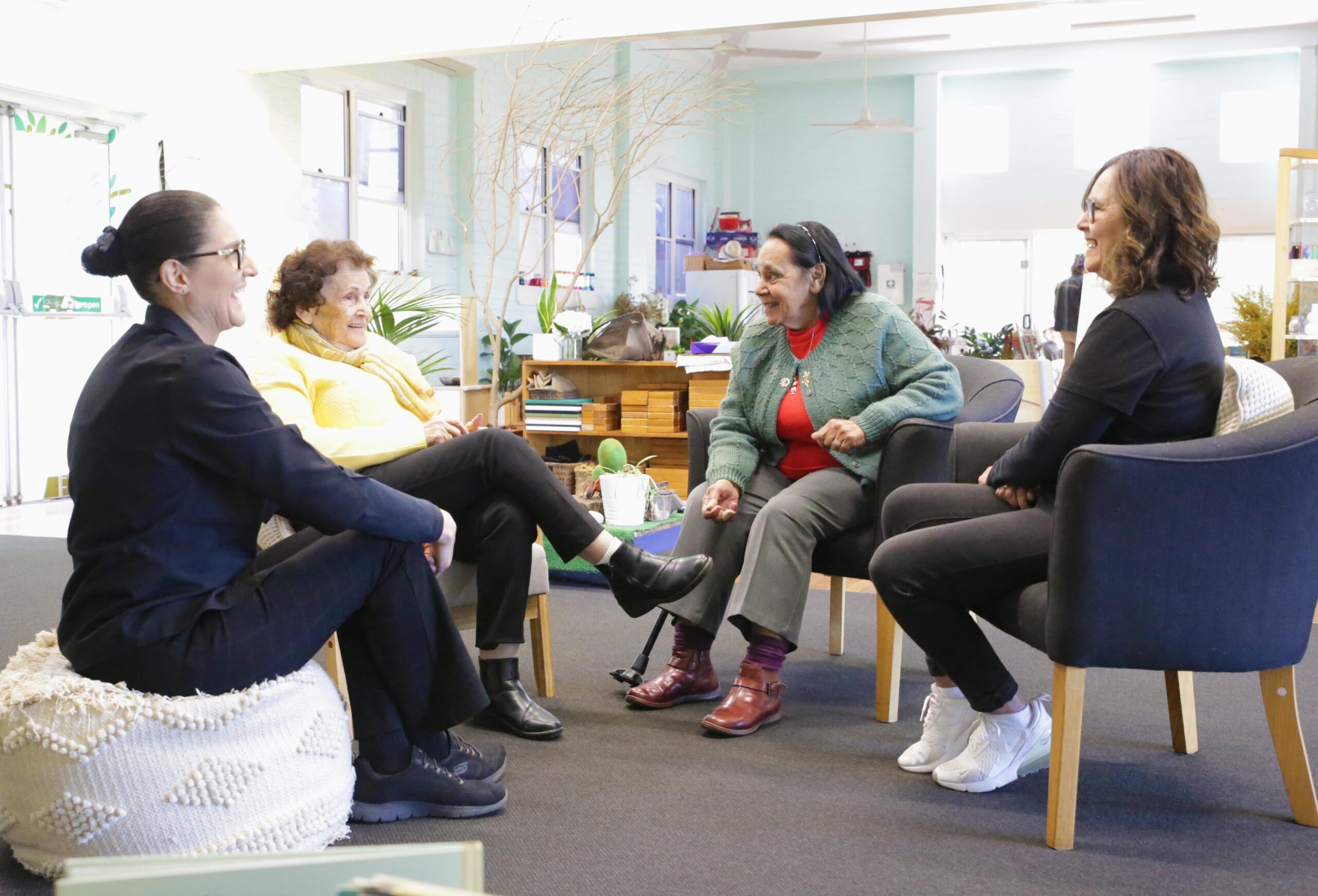
Commitment to Aboriginal and Torres Strait Islander Peoples
KU is committed to listening to the voices of Aboriginal and Torres Strait Islander Peoples, relearning to gain a deeper understanding of Australia’s true histories.
Learn more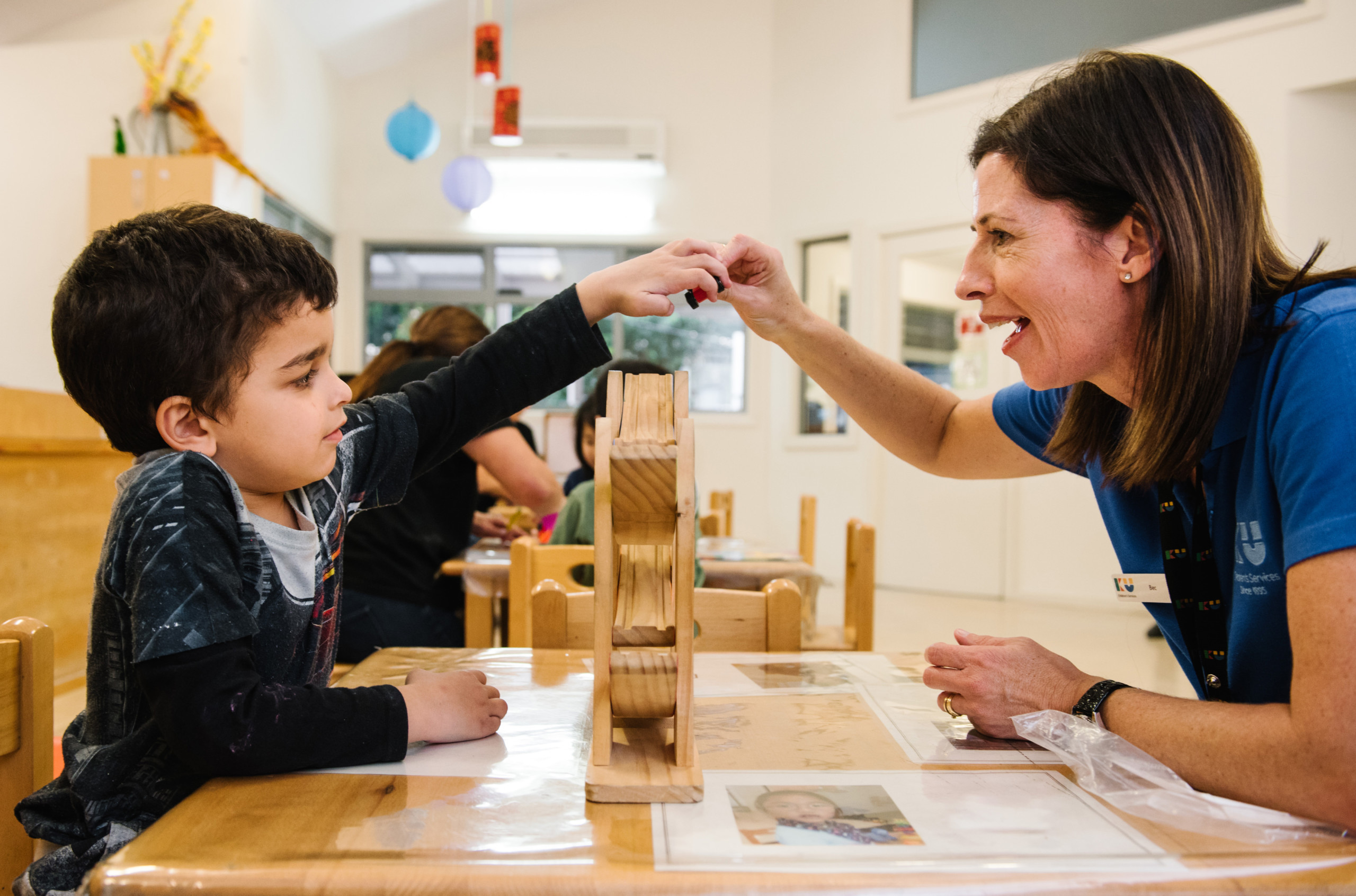
KU Marcia Burgess Foundation
At the core of KU's story is an unwavering drive to make a positive social impact. Learn about the KU Marcia Burgess Foundation, KU's charitable entity established in honour of the late Marcia Burgess.
Learn more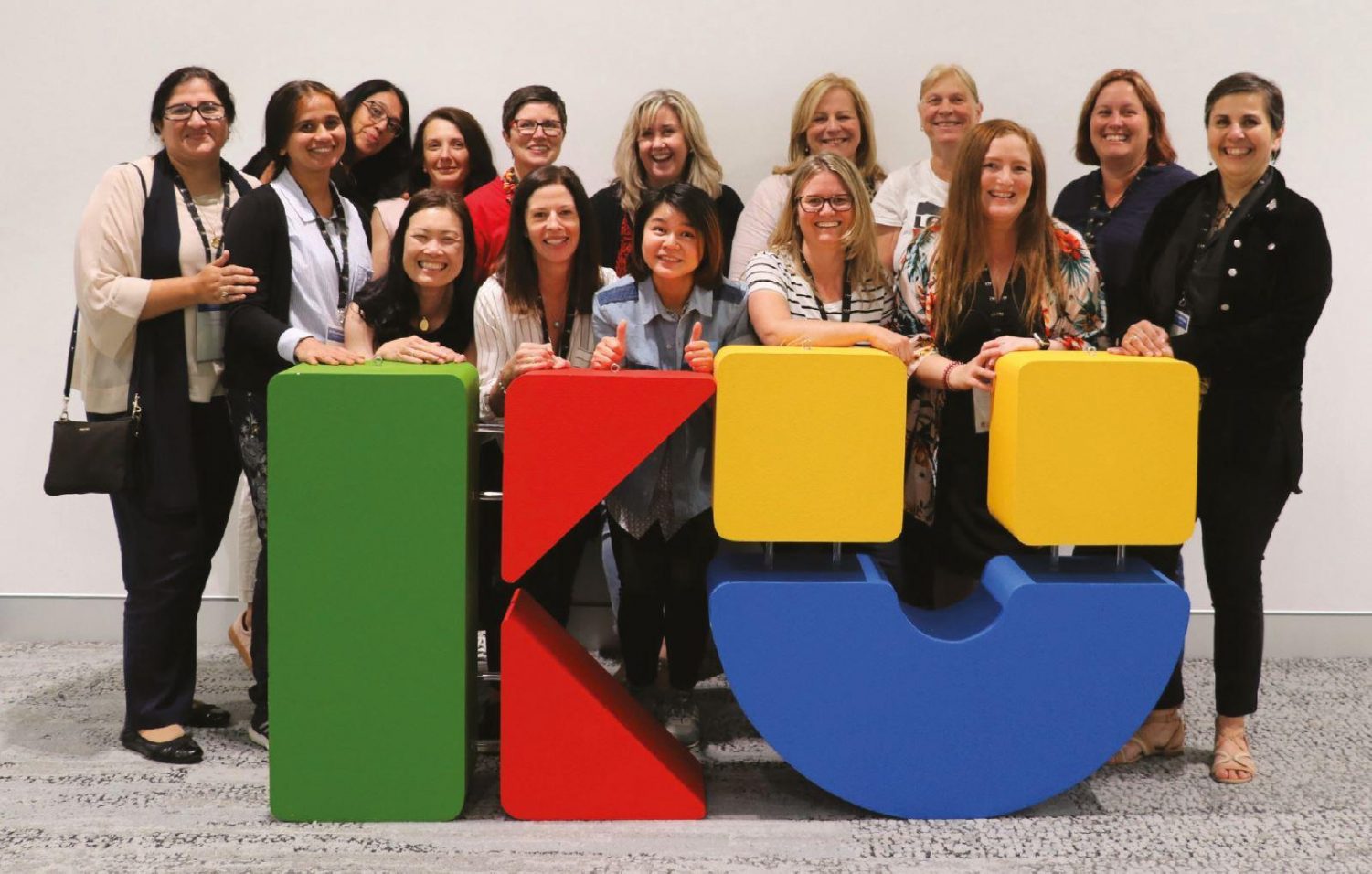
Alumni program
Become a part of the growing KU Alumni community today! Membership to the KU Alumni Program is open to people who attended a KU service; parents of a child who attended a KU service; and past KU Board and staff members.
Learn more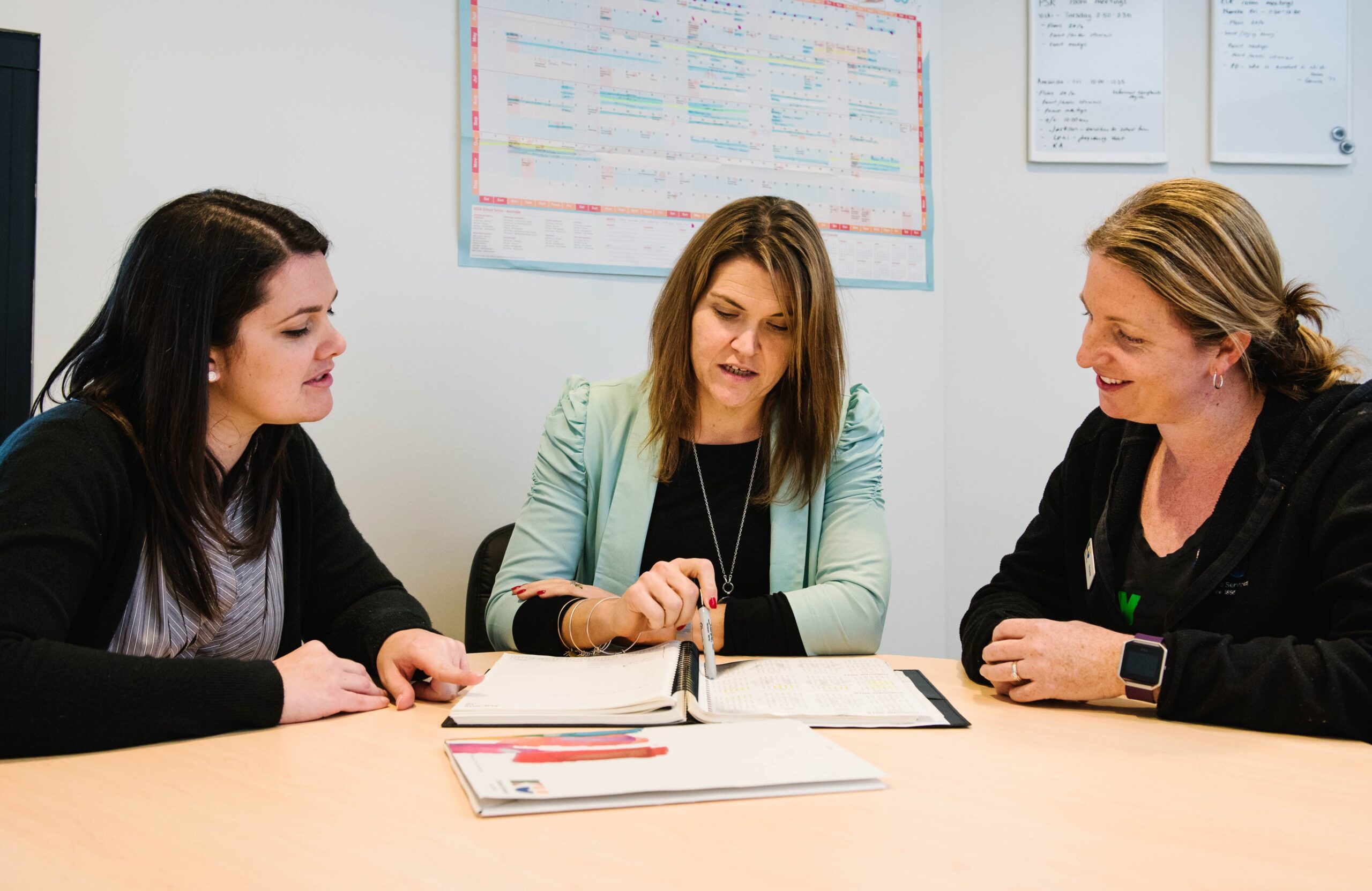
Research
KU has a long and valued legacy of research engagement. We lead, commission, partner and support research that progresses the early childhood education sector.
Learn more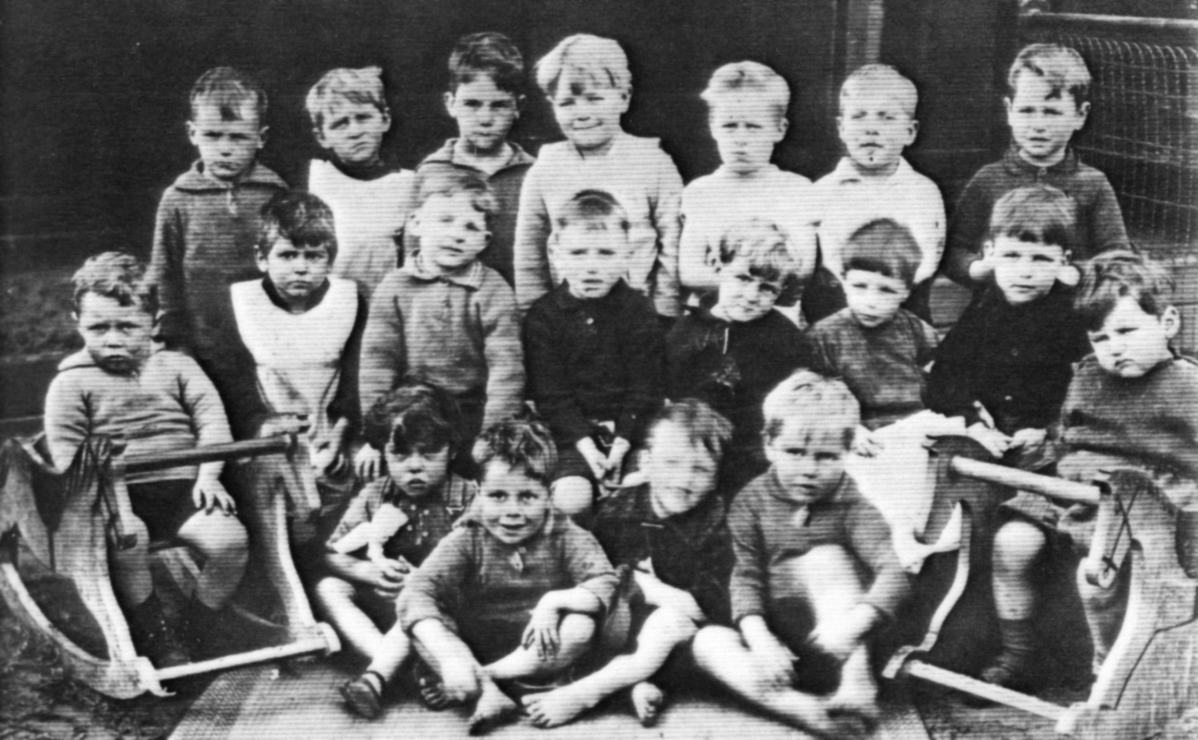
Our history - since 1895
Since our beginnings in 1895, KU has played a critical role in shaping the lives of generations of young Australians. Discover more about our history.
Learn more